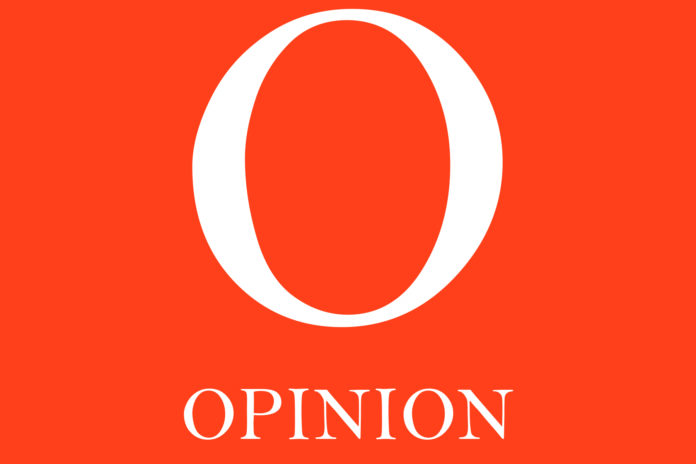Is your freedom of speech really free? I’m sorry that I have to be the one to tell you, but your speech is indeed not free. This isn’t to say that the First Amendment doesn’t exist, or that in some (but not all) cases, it protects your rights to speak without being prosecuted by the government.
“Congress shall make no law respecting an establishment of religion or prohibiting the free exercise thereof; or abridging the freedom of speech, or of the press; or the right of the people peaceably to assemble, and to petition the Government for a redress of grievances.”
This clause has been incorporated by the judiciary to protect against infringement on the part of state and local governments as well. But what do I mean when I say your speech is not free?
I’m challenging you to consider what makes us “free” in the first place? Is it simply freedom from government restrictions? That’s somewhat of a narrow definition.
I contest that we do not have true freedom of speech in the United States because the ways in which social norms dictate what we say.
This may seem obvious to us, but if we really pull back the curtain, it’s alarming to see the many ways in which we are not free to speak. Our autonomy to speak is mitigated by many factors, some good, but bad.
For example, most would agree that it should be socially unacceptable for someone to say something racist, sexist, homophobic or otherwise discriminatory.
The social norms that dictate what we say are everywhere.
When we go to work, we are limited to what we can say because we need to make a living to survive. In class, we are limited to what beliefs we can say for fear of backlash from classmates or faculty. With friends, we aren’t fully able to speak what we think because we’re afraid of losing a friend or making someone uncomfortable.
In the interest of social justice, I do think that making harmful and discriminatory beliefs known should generally result in forms of backlash from your peers. Without these cues, your speech will continue to harm those it targets.
So, what kind of speech do I believe needs to be free? What speech can exist but doesn’t, and thus must be liberated?
If we understand activism to be a form of speech, I believe the social norms regarding what is considered acceptable speech often limits the kinds of activism we see. Those in the majority, or in groups, often dictate what is socially acceptable.
With the rise in violence and physical harm committed against minority groups, what does that mean for the right of those groups to speak?
When I read about conservative politicians and speakers decrying the left for limiting their free speech, I can’t help but roll my eyes. Which side is banning books? Which side is muzzling teachers? Which side is banning DEI programs in universities? I rest my case.
The ideology of many conservatives like Milo Yiannopoulos, Michael Knowles and their supporters is not just a political belief. These are not your grandfather’s conservatives, and these are not just opinions.
There is a direct line from hate speech to hate crimes. Yiannopoulos is espousing white supremacist ideas; Knowles is calling for “transgenderism” to be eradicated.
To those clowns, I have no sympathy.
For the rest of us, I want us to realize that our right to speak freely without persecution is on shakier ground than we might think.
In many states, legislation is popping up and many have already passed that limit expression of ideas in Academia and expression of gender identity. These are just the first frontiers in the fight for personal privacy, rights and expression.
The convenient scapegoating of minority groups is just the first step. If we don’t speak up for those having their speech taken now, who will speak up for us when our speech is under attack?
“First, they came for the socialists, and I did not speak out—because I was not a socialist.
Then they came for the trade unionists, and I did not speak out—because I was not a trade unionist.
Then they came for the Jews, and I did not speak out—because I was not a Jew.
Then they came for me—and there was no one left to speak for me,” Martin Niemöller said.







